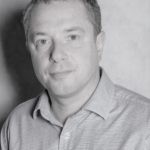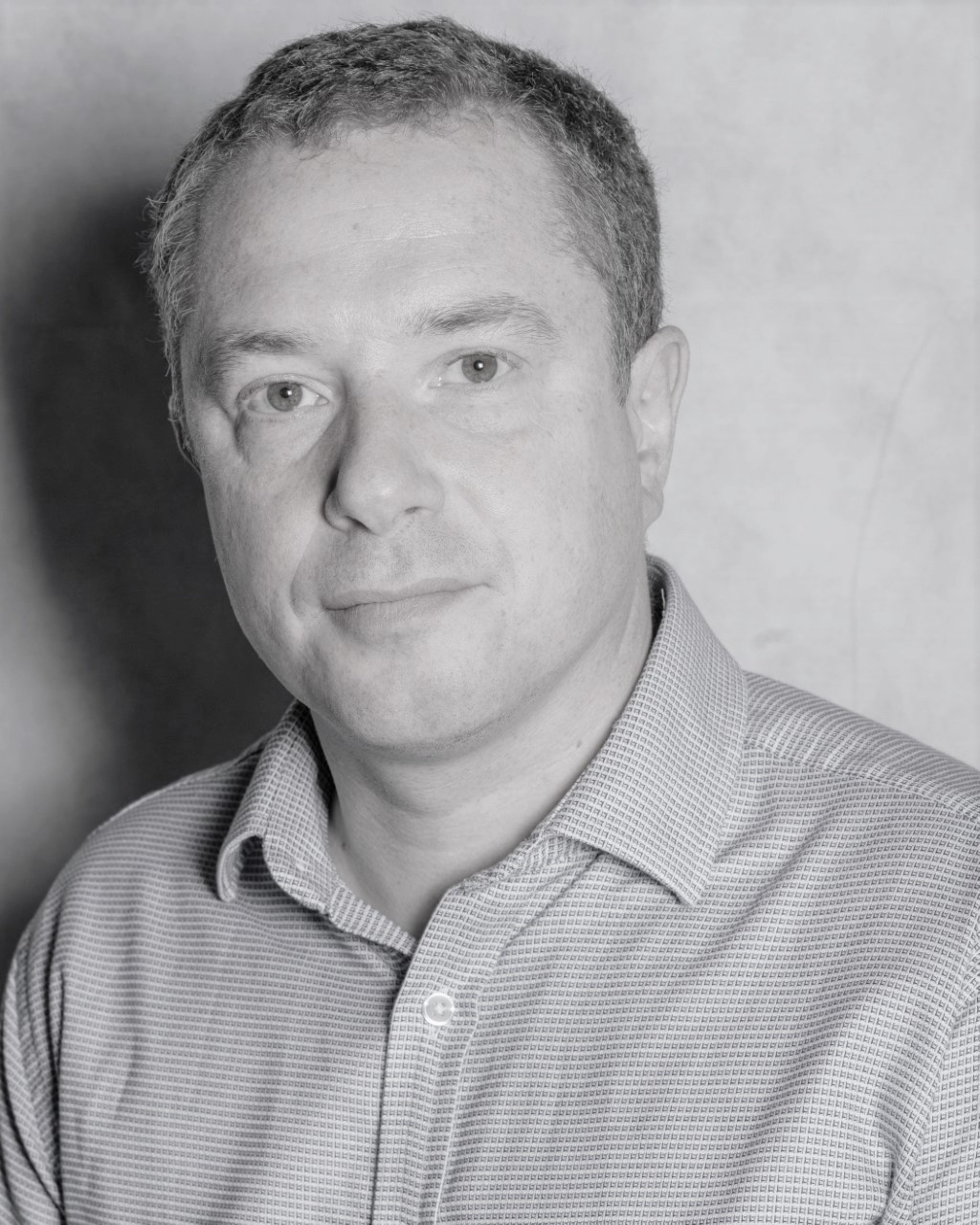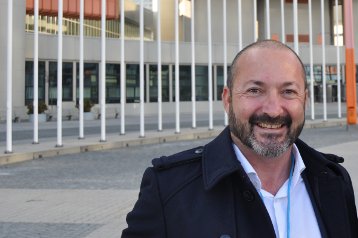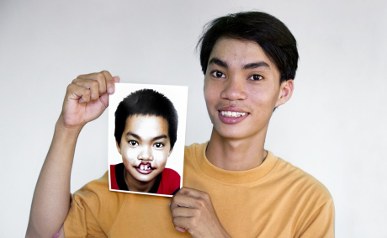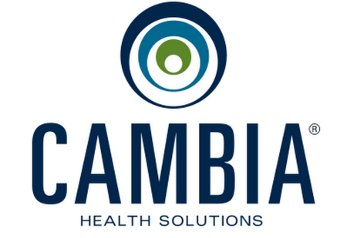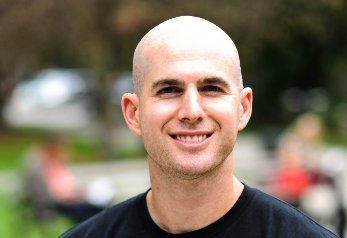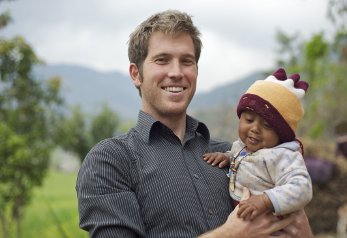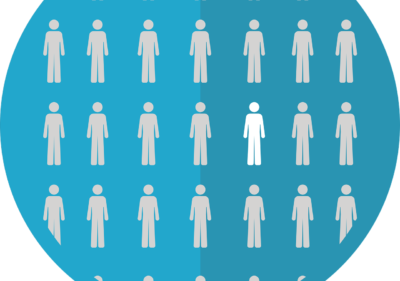
OLBIOS: You have set up Orchard, a new medical charity that develops new and better treatments for obsessive-compulsive disorder (OCD), regarded as one of the 10 most debilitating diseases globally. How do you go about developing these new medications and psychotherapies for the millions of OCD sufferers worldwide?
Nick Sireau.: Orchard OCD is a charity that focuses on accelerating research into treatments for OCD. We do this through a variety of ways, including crowdfunding, such as our big campaign last year to raise funds for a promising potential treatment for OCD. This treatment is psilocybin, a psychedelic that is the active ingredient in magic mushrooms. We have teamed up with Prof David Nutt, a leading neuropsychopharmacologist from Imperial College in London, who has been researching and testing psilocybin for mental health for a number of years. His research has shown that psilocybin is a fast-acting antidepressant and his new clinical study, funded by Orchard OCD, aims to show whether it is also an anti-obsessive. We launched a major crowdfunding campaign in May 2020 to raise £120,000 in total for this new clinical study. The study is nearly ready to go and is awaiting ethics approval. Once this has been secured, Prof Nutt will start recruiting for the trial, which we hope will have started by this summer.
Our second project is a medical device called transcranial direct current stimulation (TDCS). We are funding a clinical study of TDCS for OCD at the University of Hertfordshire in the UK, under the leadership of OCD expert Prof Naomi Fineberg. TDCS provides a very faint electric current to the scalp and has been shown to be effective in reducing depressive symptoms. This study is a feasibility study to see whether and how we could then do a much larger study that would hopefully show that TDCS is effective in reducing OCD symptoms.
Ο: Over the past three decades OCD has gone from being an almost untreatable disorder to a manageable one. What is the current situation with treatments and what challenges is the scientific community still facing regarding OCD? What are your thoughts on effective treatments?
N.S.: I partially disagree with this statement. OCD is indeed manageable for a number of patients, yet 50% of OCD patients do not respond to treatment, and even those who do only see a reduction in symptoms. Current treatments are high doses of antidepressants and/or cognitive behavioural therapy (CBT). I run an OCD support group where I live and every month I meet new OCD patients who have not responded to any treatments. They are labelled treatment-resistant and often develop severe depression on top of their OCD. So, while existing treatments do help many OCD patients, there are many others who are left with nothing. That’s why we set up Orchard OCD: to leave nobody with OCD behind.
The key challenge facing the OCD scientific community is lack of funding. Mental health research is severely underfunded generally, and OCD research is the least funded of all the mental disorders. A mental health charity called MQ showed that on average only 89 pence is spent per year on OCD research for each OCD patient in the UK. That’s unacceptable and that’s why we set up Orchard OCD.
O: You are also the co-founder and chair of Findacure, an organisation that carries out research into fundamental diseases and raises awareness about them. Could you tell us more about the fundamental diseases and their importance into understanding common diseases?
N.S.: Both my children have an ultra rare genetic disease called Alkaptonuria (AKU, or Black Bone Disease). We have been working with the University of Liverpool over the past 15 years to study this disease. Our research into AKU – which is a musculoskeletal disease – has led to major breakthroughs in the understanding of osteoarthritis, which is a common disease (you can read more about this here: https://academic.oup.com/rheumatology/article/55/7/1151/1744464). This is why we say that many rare diseases are ‘fundamental diseases’ because they are fundamental to understanding human biology and common diseases.
This has been known for centuries. William Harvey, the founder of modern medicine, wrote in 1657 that “nature is nowhere accustomed more openly to display her secret mysteries than in cases where she shows traces of her workings apart from the beaten path; nor is there any better way to advance the proper practice of medicine than to give our minds to the discovery of the usual law of nature, by the careful investigation of cases of rarer forms of disease.” (Willis R. The works of William Harvey, M. D..1847;616-617.)
O: You are the Board Chair and CEO of The AKU Society. AKU was the first genetic disease ever identified, in 1901, but there still is no cure. What is the latest in research for a treatment?
This is ground-breaking, yet our work is not over. We are now focusing on developing a gene therapy for AKU, which would be an ultimate cure. This is still quite far away, but our team at the University of Liverpool under Prof George Bou-Gharios and Prof Jim Gallagher have already put together a solid programme of work with initial funding coming in soon.
Nick Sireau is Founder and Chair at Orchard

